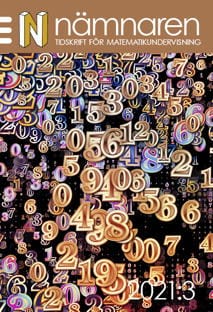New mathematical record: what’s the point of calculating pi?
The famous number has many practical uses, mathematicians say, but is it really worth the time and effort to work out its trillions of digits? Läs mer [The Guardian]
New mathematical record: what’s the point of calculating pi? Read More »


